Guide To Amazing Cancer-Fighting Foods
Cancer is a life-threatening disease where certain cells in the body begin to grow quicker, multiply faster, die-off slower, and accumulate. These mutated cells only function to replicate themselves and do not serve any other useful purpose in the body. Cancerous cells crowd out healthy cells, cause tissue damage, induce organ failure, shut down organ systems, and results in premature death when it is left untreated. Cancer occurs when specific parts of cellular DNA become damaged. Many mechanisms that can result in carcinogenesis are associated with an individual's diet. The consumption of several unhealthy foods has been proven to raise the risk of cancer development. There are no foods an individual can consume that will completely protect them from getting cancer. However, increasing intake of certain cancer-fighting foods can lower an individual's chance of developing cancer.
Fatty Fish
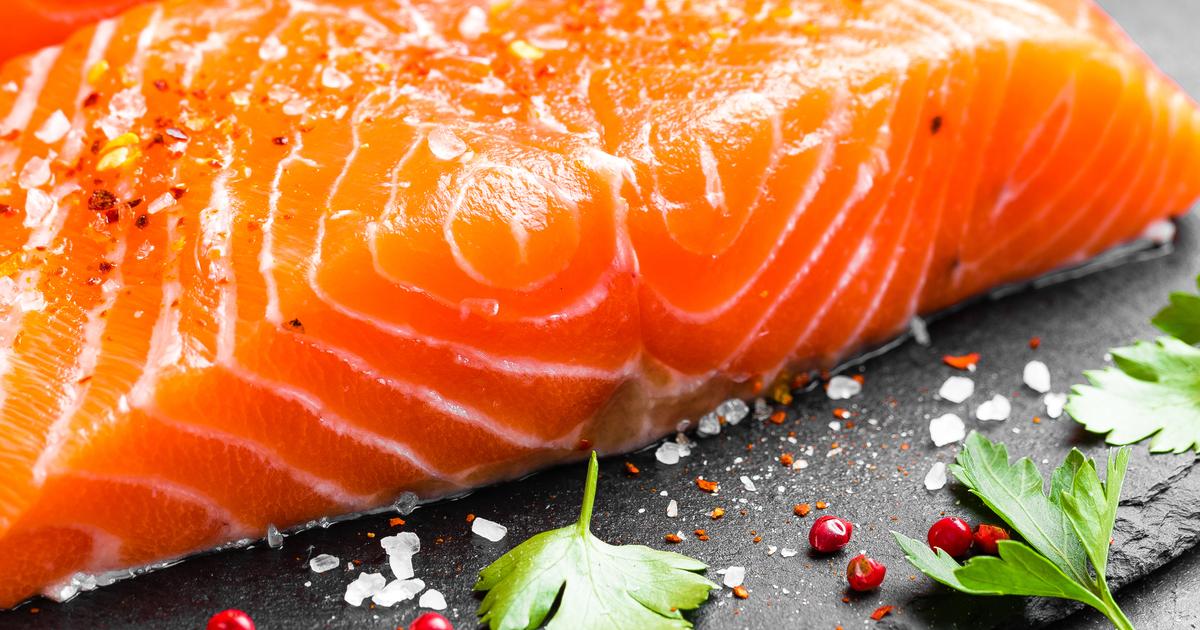
Fatty fish and fish oil are foods proven to provide the body with rich sources of nutrients that help boost its defense against cancerous and precancerous cells. Fatty fish are a rich source of vitamin D and omega-3 fatty acids. Women are affected by the cancer-fighting effects of fatty fish more than men are. This is due to the observation that a diet rich in omega-3 fatty acids increases the quantity of omega-3 fatty acids in breast tissue. Higher levels of omega-3 fatty acids in breast tissue are proven to be associated with a decreased risk of developing breast cancer. The exact mechanism behind this correlation between fatty fish and cancer is not clear, but it is known to be involved with the way omega-3 fatty acids activate the natural painkillers in the body. The immune system is thought to be involved because individuals who eat a diet higher in omega-3 fatty acids have an increased amount of T-cells in their bodies. A diet with abundant sources of fish oil has also proven to curb the metastasis of cancer to other tissues in the body. A diet rich in fatty fish includes herring, mackerel, salmon, and sardines.
Walnuts
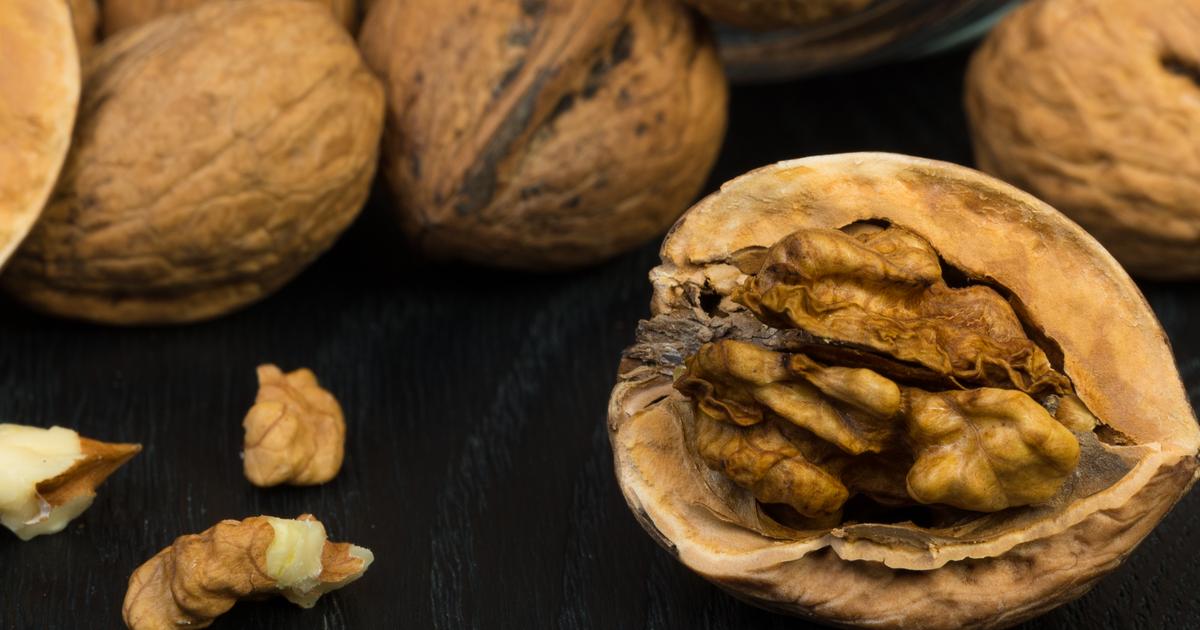
While all types of nuts have research to back up their preventative effects against cancer, walnuts have been studied for this purpose more extensively than other types of nuts. Walnuts are known to have a suppressive effect on the growth of certain types of breast cancer. Some forms of breast cancer can grow and spread because of the abundant estrogen receptors on the membrane of the cancer cells. The cholesterol-like molecules contained in walnuts are effective at blocking such receptors on these cells, keeping them from multiplying and spreading further. Walnuts have proven to have a similar effect on cancerous cells that grow in some forms of prostate cancer. Furthermore, walnuts have shown to slow down the growth of some colorectal tumors. A diet rich in walnuts helps to integrate fatty acids directly or indirectly into an affected individual's colonic tumor tissue. Walnuts cause considerable alterations in the miRNA profile expression in the tissue of a localized colorectal tumor. Walnuts help stop new vascularization of the growing tumor tissue, diminishing its supply of blood and stopping further proliferation.
Cruciferous Vegetables
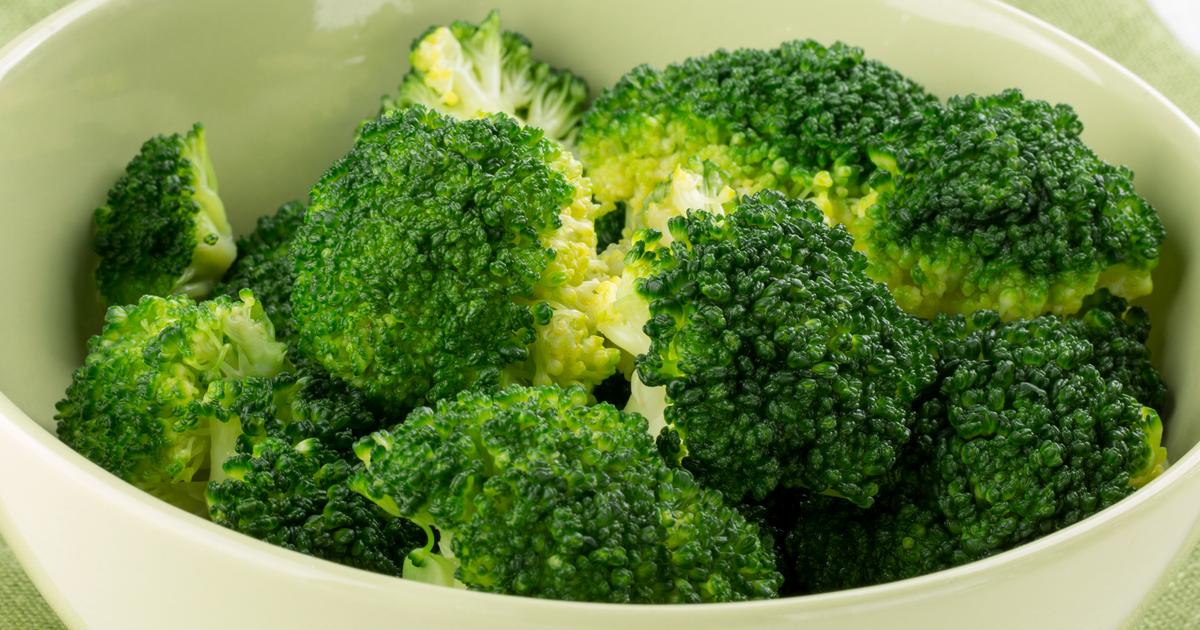
Cruciferous vegetables are known to assist an individual's body with eradicating any precancerous and cancerous cells before they have a chance to form a tumor. Cruciferous vegetables include broccoli, rapini, cauliflower, kale, brussels sprouts, cabbage, white turnips, and collard greens. Glucosinolates are compounds contained in cruciferous vegetables that an individual's body breaks down into indoles and isothiocyanates. Both of these compounds have shown to reduce the risk of cancer because of their anti-inflammatory effects, inhibition of carcinogen activating enzymes, and promotion of carcinogen de-activating enzymes. Indoles and isothiocyanates are known to promote the process, called apoptosis, where an individual's cells self-destruct, preventing the growth of new tumor tissue. Beta-carotene contained in the cruciferous vegetables helps the cells communicate with each other better, which is critical for the control of abnormal cell growth. The folate in cruciferous vegetables is beneficial to the processes responsible for DNA maintenance and helps terminate the expression of genes that promote cancer cell growth.
Beans

Beans provide rich nutrient sources proven to help with preventing the development of certain cancers in the body. Three types of phytochemicals known to help fight cancer are contained in beans. Saponins are phytochemicals proven to decrease the speed at which a tumor grows and helps inhibit the generation of new cancer cells. Protease inhibitors are phytochemicals that trigger the release of substances referred to as proteases that promote the healthy and proper process of cell apoptosis. Proper cell apoptosis or death helps prevent cancerous tumors from developing. Protease is also helpful at stopping the cell division process in cancerous cells. Phytic acid is a phytochemical rapidly absorbed from food in an individual's digestive tract, and cancer cells quickly absorb it. Phytic acid inhibits the growth of cancerous cells and helps an individual's immune system identify and attack precancerous and cancerous cells in the body. Five types of cancer have shown to reap the most benefit from a diet high in beans, including prostate cancer, colorectal cancer, renal cancer, breast cancer, and gastric cancer.
Raspberries
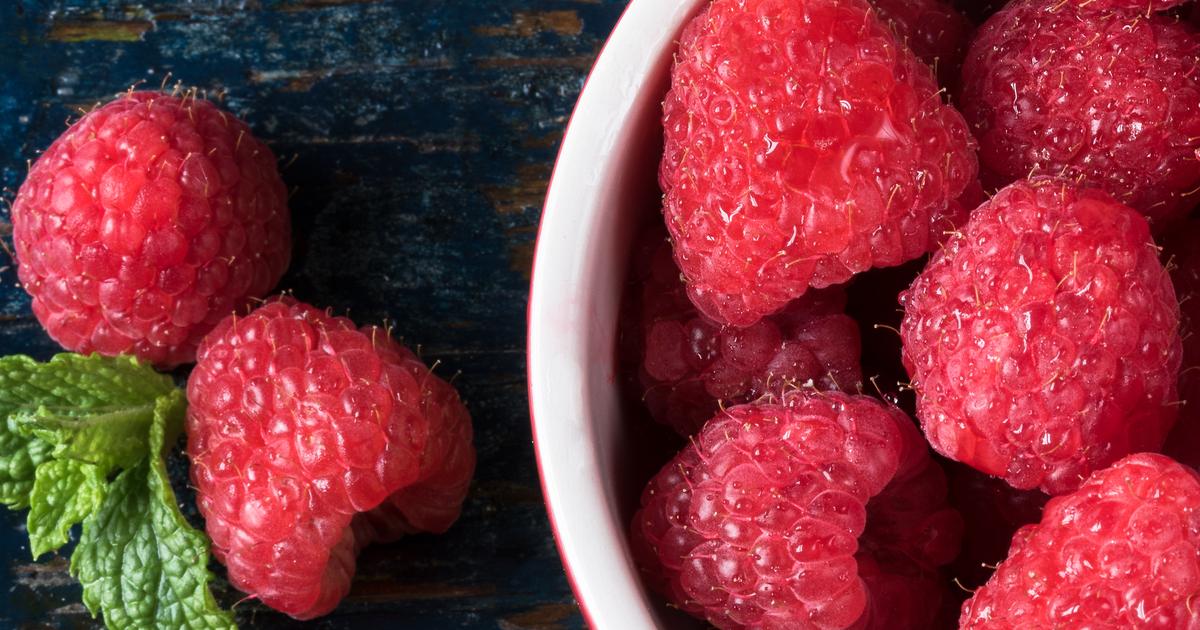
Raspberries are known to help the body with fighting off precancerous and cancerous cells to prevent the development of malignancy. Black raspberries have a high content of a compound called ellagic acid, which is a natural relative to a drug called Tamoxifen, which is used in the treatment of some breast cancers. The vitamins, phenols, minerals, and phytosterols contained in black raspberries are known to inhibit the action of and reverse the effects of certain carcinogens in the body. In addition, black raspberries can halt or alter the expression of a wide range of genes implicated in the development processes of some forms of cancer. Genes affected by the actions of the compounds in black raspberries include those that involve cell movement, attachment, apoptosis, proliferation, and the formation of new blood vessels to feed growing tumors. Individuals affected by precancerous lesions that evolve into esophageal cancers and oral cancers have proven to reap benefit from the compounds in black raspberries.
Tomatoes
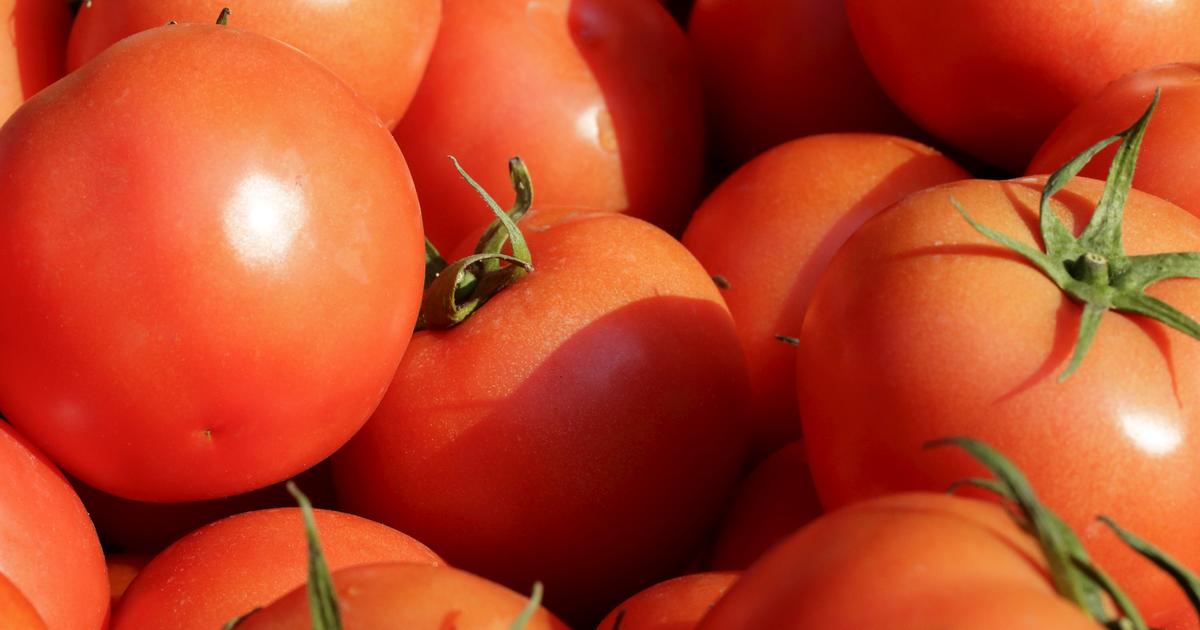
Tomatoes are a popular fruit used in countless foods in the United States. The red color of tomatoes comes from a phytochemical component referred to as lycopene. Lycopene is a potent antioxidant that has its greatest concentration in tomatoes. Any type of antioxidant is helpful in the prevention of cancer because they reduce the occurrence of oxidative stress in the body that can produce cellular DNA damage that leads to carcinogenesis. Lycopene has an additional property where it can interfere with the growth of cells that have abnormal DNA, which helps stop the growth of any malignancy. Lycopene has shown in studies to reduce the chance of developing cancer in the prostate gland, breast, endometrium, and lungs. Lycopene has shown to benefit postmenopausal women at risk for breast cancer specifically, by modifying the number of adipokine hormones in the body. Adipokine hormones increase an individual's likelihood of developing cancer because they induce inflammation in the body tissues. It should be noted that lycopene is more available to an individual's body when they consume processed tomatoes rather than raw tomatoes.
Garlic

Garlic is a vegetable that belongs to the Allium vegetable family. Other members of the Allium vegetable family include scallions, leeks, onions, shallots, and chives. The strong flavor and odor of garlic are attributed to the organic allyl sulfur compounds contained within it. Numerous studies suggest garlic has a preventative effect against cancer. The strongest evidence of the effect of garlic is associated with stomach cancer and prostate cancer. Several compounds in garlic are thought to be responsible for its anti-cancer properties. Cells become more vulnerable to the stress of cell division as a result of Allyl sulfur compounds. Therefore, the rapidly growing and dividing cancer cells are more easily damaged by the presence of Allyl sulfur compounds. When garlic is peeled before it is consumed, an enzyme called alliinase is released and begins several reactions with the end product of diallyl disulfide. Diallyl disulfide has also proven in studies to have preventative effects on the growth of cancerous cells.
Carrots
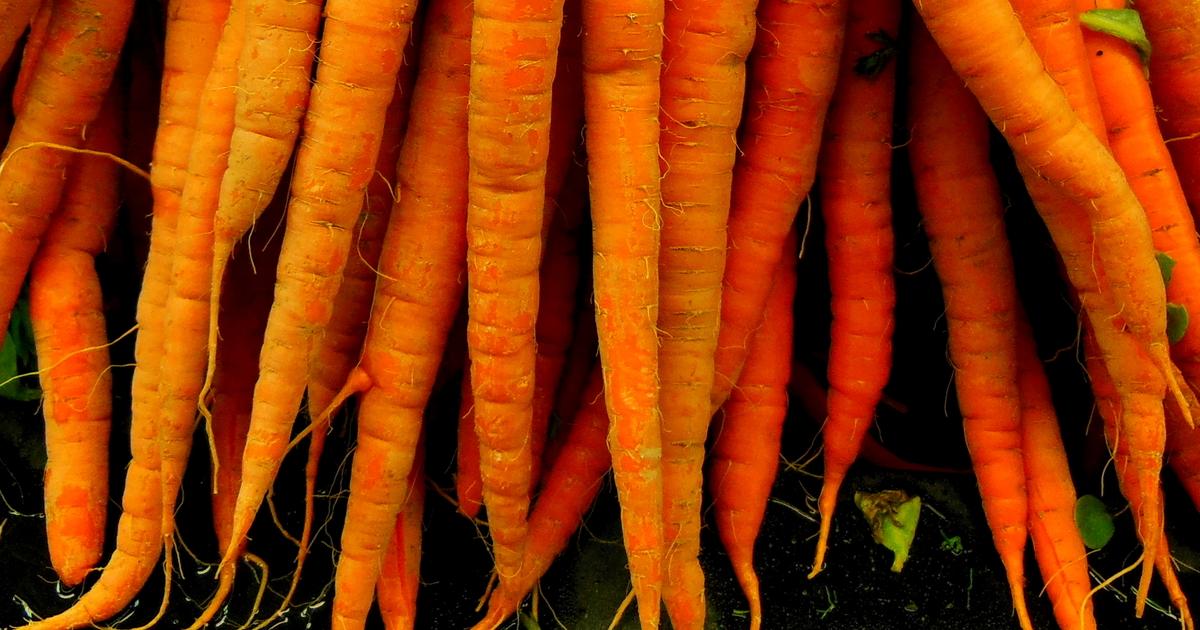
Carrots are a root vegetable native to Europe and Southwestern Asia. Carrots have long been known to boast numerous health benefits for the eyes and other organs. However, carrots contain a lesser-known compound referred to as falcarinol that has proven to reduce the incidence of precancerous and irregular cells becoming malignant. Alpha-carotene and beta-carotene are carotenoids synthesized by the body into an important vitamin for immune system function: vitamin A. Vitamin A assists the immune system with the proper activation of certain enzymes metabolize carcinogens in a timely manner before they can induce cellular carcinogenesis. Another component in carrots, luteolin, is a flavonoid phytochemical that is known to provide a rich source of antioxidants to the body. Antioxidants help neutralize certain harmful molecules that cause a type of tissue damage called oxidative stress, which encourages the development of cancer. Other flavonoids and polyacetylenes in carrots help with reducing inflammation in the body, which can also lower the chances of cancer development.
Apples
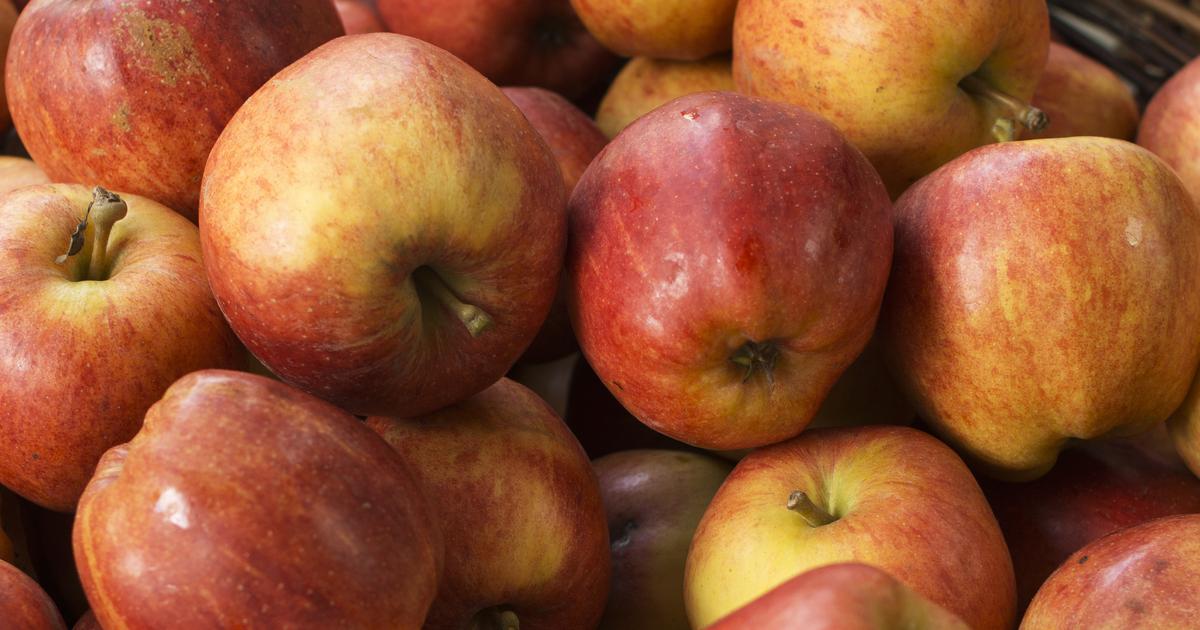
Numerous compounds in apples provide the body with advantages against the development and growth of malignant cells. Apples are rich in fiber, which is known to increase colon health and prevent the development of colon cancer. Apples are also rich in vitamin C, which is the ultimate immune system-boosting vitamin. The immune system needs to be strong so it can easily identify and eliminate any cells that appear abnormal or precancerous before they can produce a full-blown malignancy. The contents of apples have also proven to inhibit the growth and spread of Helicobacter pylori, a form of bacteria that causes digestive illness. Helicobacter pylori are one of the top infectious pathogens closely associated with the development of gastric ulcers and gastric cancer. Apples also provide a rich source of antioxidants, which allow the body to easily neutralize unstable molecules by adding an extra electron to their shell. Unstable molecules produce oxidative stress, which results in cellular damage and DNA mutations in the body.
Acai Berries
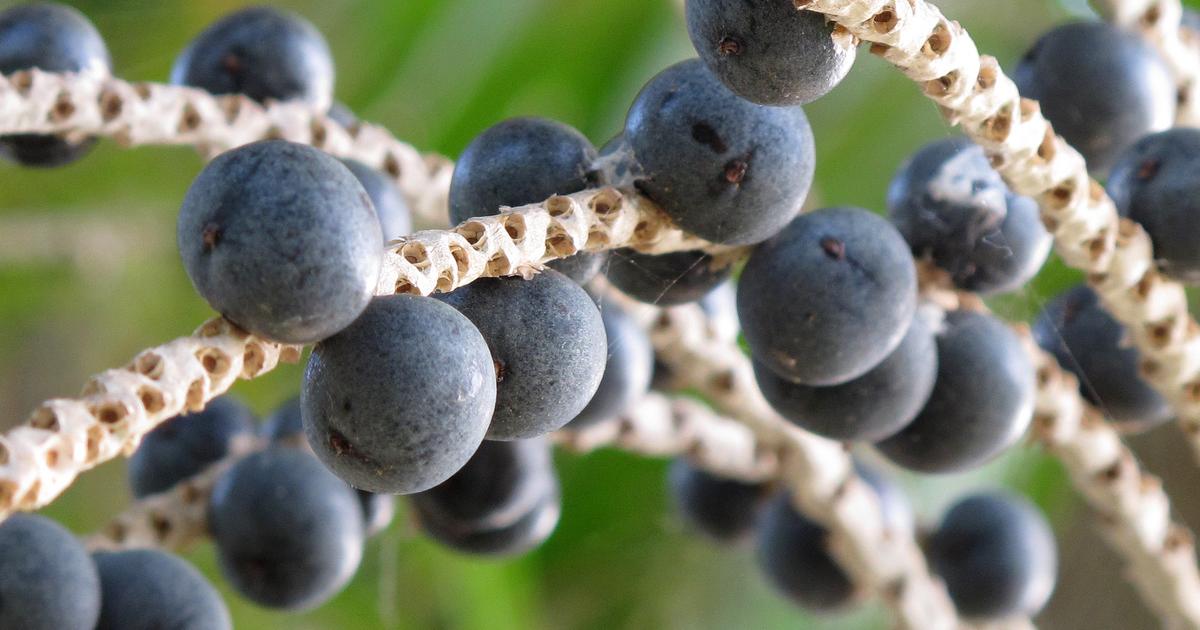
Acai berries grow natively in the regions of South America and are consumed for their sweet flavor and utilized for numerous health benefits. Much like other cancer-fighting foods, acai berries have rich sources of antioxidants that help reduce the oxidative stress and damage to cells in the body. Acai berries are also helpful in controlling and reducing inflammation in the body by stopping the production of nitric oxide. Both oxidative damage and inflammation are both processes that increase the likelihood of carcinogenesis in the cells. Another unique property of acai berries is that they can help fight blood cancers like leukemia through the activation of a substance called caspase 3. Caspase 3 destroys HL-60 leukemia cells. It is thought that the heightened expression of a protein marker of the formation of auto-phagosome is referred to as LC3BII. Several studies have also supported evidence indicating acai berries help fight cancers of the colon, breast, skin, and bladder.
